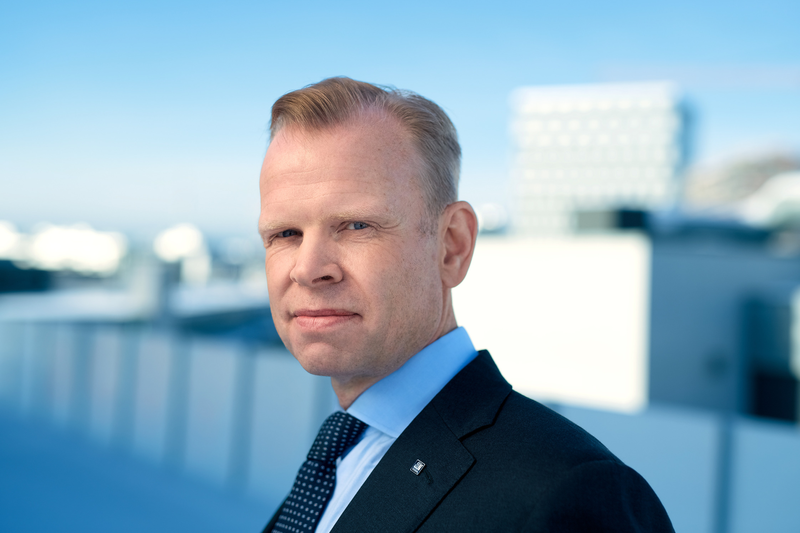Fertiliser giant Yara has is set to pay shareholders an extra dividend as it reported revenue of $6.2 billion (€6.4 billion) for the third quarter (Q3) of this year, the company said in a statement today (Thursday, October 20).
Between July and September earnings before interest, tax, depreciation and amortisation (EBITA), excluding special items, for the Norwegian-based company was $1 billion, compared with $765 million a year earlier.
Net income in Q3 was $400 million, compared with a loss of $143 million during the same period in 2021.
In a statement, the board of Yara proposed an extra dividend for shareholders of $0.94 (€0.96) per share, and will also consider further cash returns, including share buy-backs, in the coming quarters.
The company said that there were “strong margins with improved returns across all commercial segments” despite supply disruptions and gas price volatility impacting production.
Yara has curtailed output in several of its production plants, currently amounting to an annual capacity of 1.7 million tonnes of ammonia and 0.9 million tonnes of finished fertiliser.
Yara historically sourced phosphate, potash and ammonia from Russia, and purchased significant volumes of natural gas for its production in Europe.
The company has stopped sourcing from suppliers covered by sanctions resulting from Russia’s invasion of Ukraine.
Ammonia has been sourced from other producers in the Middle East, north Africa, North America and the Caribbean.

Based on current natural gas market forecasts, Yara’s gas bill for the final quarter of this year is estimated to be $540 million higher than 2021.
The report notes that the fertiliser supply outlook indicates “a continued tight supply situation going forward”.
“In Europe, fertiliser inventories remain at historically low levels, and there is a risk of nitrogen shortages and price spikes during winter, especially if natural gas availability deteriorates.”
Commenting on the latest financial results, Svein Tore Holsether, president and chief executive of Yara, said:
“Yara’s business model has proven its resilience for decades and continues to perform well despite a challenging operating environment with extreme price volatility and plant curtailments in Europe.
“Our returns are up, with strong margins more than offsetting lower deliveries, thanks to the strong efforts of our entire organisation.
“However, we remain deeply concerned about the food and fertiliser supply situation in Europe and globally, and repeat our call for urgent action to reduce dependency on Russia,” Holsether said.

